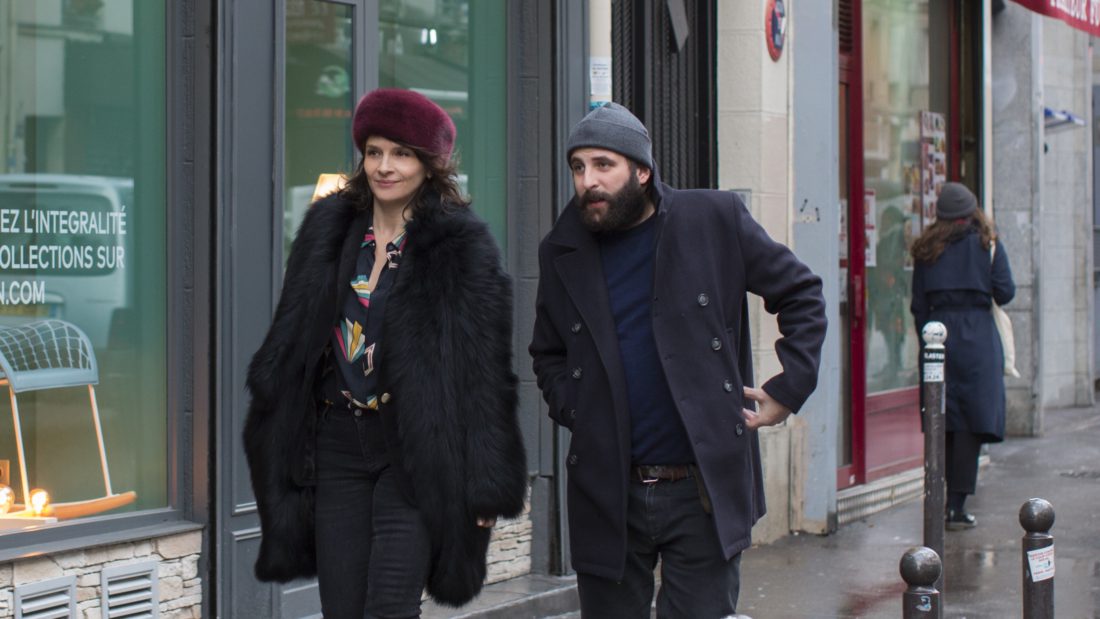Rebounding nicely from the supernatural worthlessness of Personal Shopper (2017), Olivier Assayas returns to meditations on art, commerce and flawed celebrities with Non-Fiction.
His sights set on the Parisian publishing industry, the writer/director uses the contentious dynamic between pretentious author Léonard (Vincent Macaigne, The Innocents) and his idealistic publisher Alain (Guillaume Canet, The Beach) to posit what makes for quality literature and the current market for such products.
Filmed in clear, unremarkable fashion, their stimulating, rapid-fire conversations about the craft, augmented by insights from Léonard’s politician-aide wife, Valérie (Nora Hamzawi), and Alain’s actress spouse, Selena (Juliette Binoche), may be preaching to the art house choir, but nonetheless have the power to inspire significant reflection and debate on the topic at hand.
Colored by the men’s penchant for infidelity, the discussions on e-books, celebrity-read audiobooks and print media’s relevance arguably double as ones on the state of modern cinema, though Assayas’ overarching message seems to be that so-called tastemakers are as human and screwed up as everyone else and that personal opinions should be as individually cultivated as possible.
As with many of his films, however, the takeaways are a bit muddled, built with noble intentions that are likely to stir intense emotions within certain viewers while leaving others wishing for a more developed experience.
Starts May 31 at the Fine Arts Theatre




Juliette Binoche is on my short list for Sexiest Woman Alive, but she is wasted here. This movie is BARELY about the people and their relationships and almost entirely a conversation about the state of print media in the age of digitalization. Boorrringg…
I did like the joke about JB’s film character referring to her actual persona as if she were not herself, a la “Ocean’s 12 / 13”.
I haven’t seen this film, but what could be more interesting than the state of print media in the age of digitalization? :)
The previews implied that this film was about a writer engaging in elicit affairs, writing about them as thinly disguised fiction, then being surprised that the affairs were easily recognized by readers. This plot line actually took up about 15% of the film.
Had I known that most of the film was just a lot of dinner conversation about the state of media, I would have waited for the DVD.